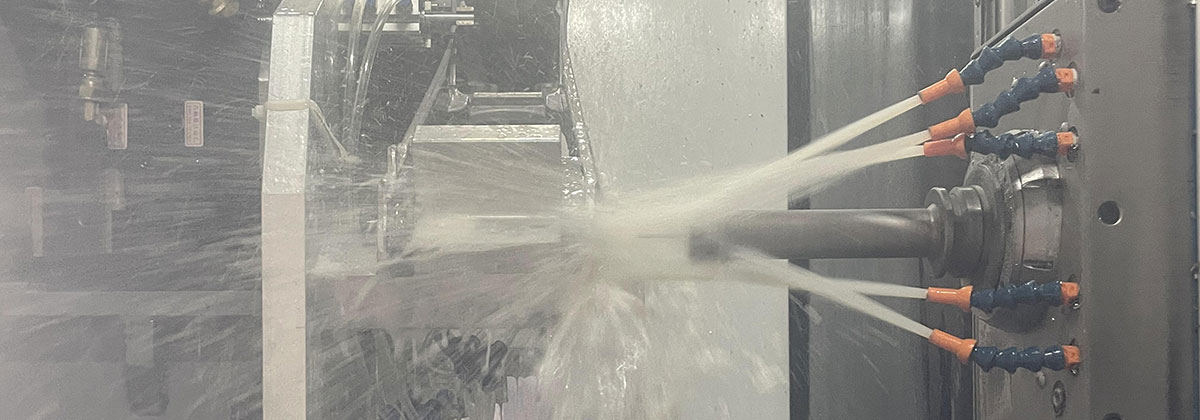Aluminum and cast aluminum are two commonly used materials in the manufacturing industry. While they may seem similar, there are significant differences between the two that can affect their properties and applications. In this article, we will explore the difference between aluminum and cast aluminum.
Composition
Aluminum is a chemical element with the symbol Al and atomic number 13. It is a soft, silvery-white metal that is lightweight and ductile. Aluminum is the third most abundant element in the Earth’s crust, making up about 8% of the crust by weight. It is often alloyed with other metals to improve its properties, such as strength, hardness, and corrosion resistance.
Cast aluminum, on the other hand, is a type of aluminum that has been melted and poured into a mold to create a specific shape. It is a cast metal that is formed by pouring molten aluminum into a mold and allowing it to cool and solidify. Cast aluminum can be made using a variety of methods, including sand casting, die casting, and permanent mold casting.
Properties
Aluminum has several properties that make it an ideal material for many applications. It is lightweight, durable, corrosion-resistant, and non-toxic. It also has a high strength-to-weight ratio, making it an ideal material for aerospace, automotive, and construction industries.
Cast aluminum has similar properties to aluminum, but it is not as strong as pure aluminum. It is also more brittle and can crack or break under stress. However, cast aluminum can be made with higher levels of strength and durability by adding other metals, such as copper or zinc, to the alloy.
Appearance
Aluminum has a silvery-white appearance and is often used in products that require a shiny, metallic finish. It can also be anodized to produce a range of colors, such as black, gold, and red.
Cast aluminum has a rougher surface texture than aluminum and may have visible seams or imperfections from the casting process. However, cast aluminum can also be polished to a high shine, making it suitable for decorative purposes.

Applications
Aluminum has a wide range of applications, including aerospace, automotive, construction, and packaging. It is used in products such as airplane parts, car bodies, windows and doors, siding, and beverage cans.
Cast aluminum is often used in the production of automotive parts, such as engine blocks and transmission housings, as well as furniture, cookware, and decorative items. It is also commonly used in the construction industry for outdoor furniture, light fixtures, and railing systems.
Conclusion
In summary, aluminum and cast aluminum are two distinct materials with different properties and applications. Aluminum is a chemical element that is lightweight, durable, and corrosion-resistant, while cast aluminum is a cast metal that can be made into a specific shape using various casting methods. While both materials have their advantages, it is important to choose the correct material for a specific application based on its properties and requirements.
-

- OEM die casting service metal components of macbook middle
-

- Magnesium alloy foundry parts bicycle wheel with CNC machining & surface finishing
-

- Magnesium thixomolding parts laptop housing cover B
-

- Magnesium alloy thixomolding die-casting UAV parts
-

- Magnesium alloy die casting auto parts transfer case
-

- Customized foundry products high precision die-casting parts for e-bike integrated frame

 0086-750-5616188
0086-750-5616188 +86 13392089688
+86 13392089688 sales@zhongmei-tech.com
sales@zhongmei-tech.com







